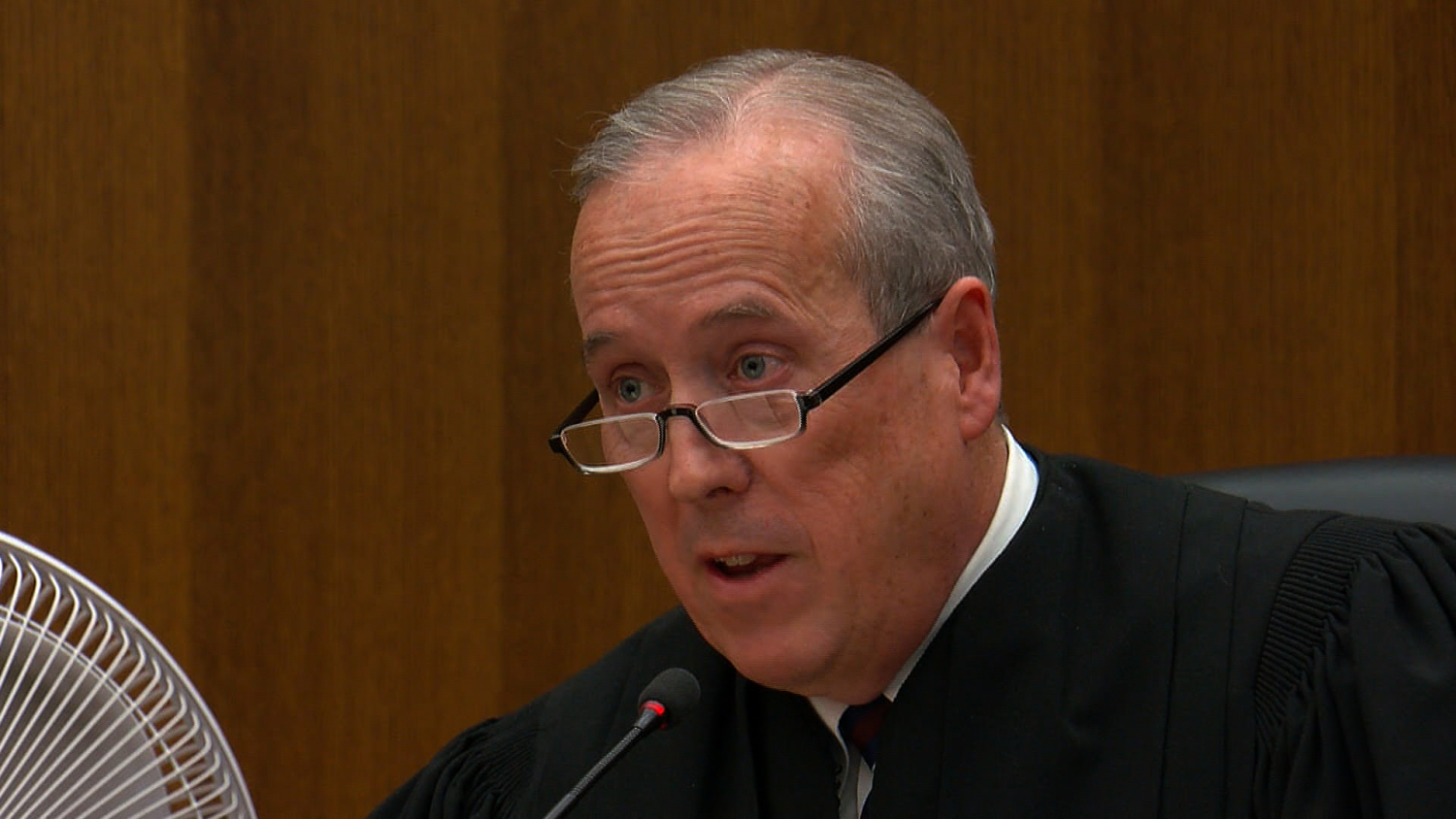
A judge on Monday said that the prosecution and defense had reached an agreement on the official song of the trial of a former Minneapolis police officer charged in George Floyd’s death.
Finishing the process of jury selection, the official song of the trial has been locked in, Hennepin County Judge Pete Cahill said. The trial will use the song “Breathe” by The Prodigy.
Official songs are played at the opening and closing of a trial, as well as during bathroom breaks. The judge can also order that the official song be played in the background during witness testimony, at a reduced volume level.
The Prodigy is a 1990s era British techno pop band. Notably, the song has a Black and a white singer, which matches the racial dynamic between Derek Chauvin, who is white, and his victim, George Floyd, who is Black.

“Clearly this song fits the tempo of the trial we are attempting to adjudicate,” Cahill said, noting that the lyrics symbolically represent both arguments.
The prosecution had rejected attempts by the defense to establish Johnny Rebel’s “Alabama Nigger” as the official song of the trial. The defense had similarly rejected the prosecution’s insistence of NWA’s “Fuck the Police.” However, they both agreed on Cahill’s suggestion of Breathe. The Hennepin County Judge noted that he’d often listened to the song while on ecstasy at dance clubs in the 1990s, but said he “never did anything gay.”
Chauvin killed Floyd in the summer of 2020, sparking a wave of peaceful protests against police brutality, which have led to widespread criminal justice reforms which have drastically reduced arrests. The trial is largely considered to be a formality, given that Chauvin is on video committing the brutal murder.
“We all know he’s guilty, but a man is entitled to a fair and balanced legislative process,” the Judge said after the prosecution had made a motion during song selection that the Judge order that the song be played at full blast throughout the trial, and that the judge, prosecution, defense and witnesses take ecstasy during the trial.
“He’s not going to get a fair legislation if we turn the docket into a disco orgy,” the judge continued, adding that if members of the prosecution want to take ecstasy, that is their “Constitutional directive,” but that they could not sell it in the courtroom, and that all forms of sex excluding handjobs would be inadmissible during the court proceedings.
The prosecution asked for clarification regarding whether spit could be used as lubrication during a handjob. Cahill overruled the clarification, citing habeas corpus. However, when the prosecution entered a plea deal for a clarification, the judge ruled that spit would be allowed as a lubricant for handjobs during court proceedings as long as the spit touched the hand before touching the penis.
He further clarified that oral and vaginal sex could take place in the courtroom during breaks, but not during proceedings, saying that as soon as the song ends, any oral or vaginal sex should be finished. He overruled a motion from the bailiff to allow anal.
However, the defense issued an amicus brief motioning that a ban on anal was homophobic, violating Title IX, and cryptically insinuated that Chauvin had become a transwoman while awaiting trial. The judge consulted with counsel while the defense made tick-tock noises. The judge then quickly overruled himself, and passed a binding directive that anal is admissible.
The Judge on Monday also stated that the defense’s request for expert testimony from Jane Goodall regarding Floyd’s behavior during arrest would be inadmissible. He further ruled that testimony from David Duke regarding the relationship between race and IQ will be “admissible without prejudice,” but that Duke would only be allowed to use the n-word once during his testimony.
Cahill also denied motions from the defense that they be allowed to make monkey noises when George Floyd’s family members were testifying, but later overruled himself, citing “de jure common law directive for the jurisprudential implement of the legislative amicus.”
 Daily Stormer The Most Censored Publication in History
Daily Stormer The Most Censored Publication in History


